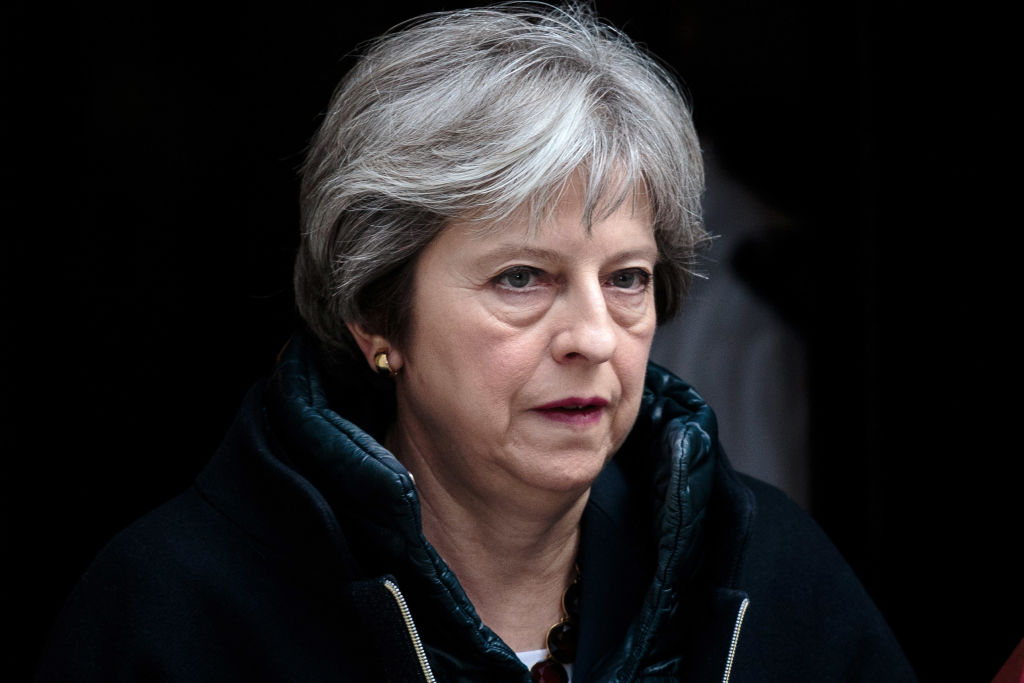Theresa May is holding an emergency Cabinet meeting today on how to respond to the latest chemical weapons attack in Syria. Already sources are briefing that the Prime Minister is prepared to take military action without a vote in Parliament, which has naturally enraged a number of parliamentarians.
Jeremy Corbyn has said that ‘parliament should always be given a say on military action’, and the SNP have said that a failure to do so would be a ‘scandal’. As we know from the military interventions of the past few years, parliament does not have any formal right to a vote before action, but since the Iraq War, it has become the convention for Prime Ministers to seek approval from MPs anyway.
But then again, as we have seen from the past few years, the debates running up to those votes are often not so much about the detail of the decision in question as much as they are about MPs ruminating on previous interventions – to the extent that, during the 2013 debate on action in Syria, a number of MPs accidentally called Assad ‘Saddam’, suggesting their minds were elsewhere. That debate felt like Parliament trying to get to grips with the scars of the Iraq conflict, not examine the merits of arming the rebels as David Cameron was calling for.
Whether or not it gets a vote, Parliament is very poor when it comes to scrutinising military action and foreign policy. This isn’t just because many MPs shy away from foreign policy, preferring to concentrate on domestic issues and constituency problems instead. It is also because the Executive has too much power, not so much over the decision to go to war, but over the ability of MPs to ensure that ministers know what they are doing.
This wasn’t just the case in the Iraq War, when MPs grew frustrated with the amount of information they were able to extract about post-conflict planning. Even the Defence and Foreign Affairs Select Committee were not allowed to access the relevant papers and records that they needed to see as part of their inquiries. That post-conflict planning turned out to be inadequate, something Tony Blair himself admitted when he told the Chilcot Inquiry that ‘…with hindsight, we now see that the military campaign to defeat Saddam was relatively easy; it was the aftermath that was hard. At the time, of course, we could not know that and a prime focus throughout was the military campaign itself.’ The Inquiry didn’t take quite the same view, reporting rather drily that ‘the conclusions reached by Mr Blair after the invasion did not require the benefit of hindsight’.
Parliament doesn’t seem to have benefitted from hindsight, either, struggling to extract much information from the government on what planning it had made for the aftermath of intervention in Libya in 2011. Now, opponents of all military intervention – such as Jeremy Corbyn – use the collapse of Libya as an example of the dangers of military action, claiming that they have always been on the right side of history (oddly they never mention Kosovo during these arguments). Even Barack Obama described Libya as a ‘shit show’.
What would be far more of a ‘scandal’ than Parliament not getting a vote on action against Assad in Syria would be Parliament failing to put ministers on the spot about the detail of what they are doing and what they want to do next. The government, of course, holds a great deal of power in terms of how much information it can hand over, but on the basis of previous debates, the reason it feels it can withhold that information is partly because too few MPs ask.







Comments